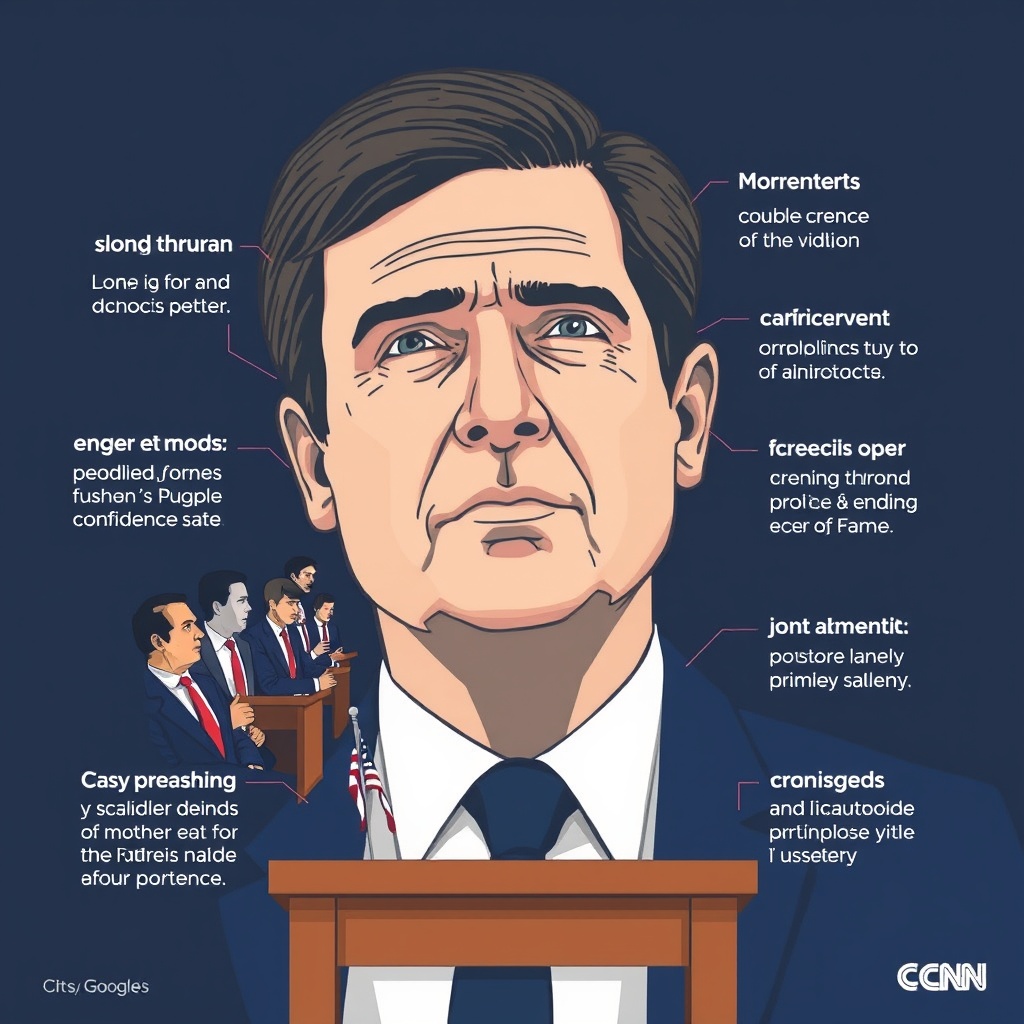Introduction
The French government has been thrown into turmoil after Prime Minister François Bayrou lost a confidence vote in the National Assembly, prompting his ouster and plunging the country into a new political crisis. This development has significant implications for France, both domestically and internationally, as it seeks to navigate the complexities of a government in transition. The confidence vote, which took place on Monday, saw a majority of lawmakers vote against Bayrou, effectively ending his tenure as Prime Minister. This article will delve into the background of the crisis, the implications of the confidence vote, and the potential paths forward for France as it navigates this challenging period.
Background to the Crisis
To understand the context of the current political crisis in France, it is essential to examine the events leading up to the confidence vote. Prime Minister François Bayrou had been facing increasing pressure and criticism over various policy issues, including economic reforms, healthcare, and education. The opposition had been vocal about their dissatisfaction with the government's handling of these matters, arguing that the policies were not in the best interest of the French people. Additionally, internal divisions within the ruling party had weakened Bayrou's position, making it difficult for him to maintain a stable government.
The final straw came when a significant portion of lawmakers from Bayrou's own party defected, citing a lack of confidence in his leadership and policy direction. This defection, combined with the opposition's determination to unseat him, created a scenario where the confidence vote was always going to be a close and contentious affair. In the end, the opposition's efforts paid off, and Bayrou lost the vote, leading to his removal as Prime Minister.
Implications of the Confidence Vote
The implications of the confidence vote are far-reaching and multifaceted. Firstly, the immediate effect is the absence of a functioning government, which can lead to a paralysis in decision-making and policy implementation. This can have severe consequences for the economy, as investors and businesses prefer stability and predictability. The French economy, which has been experiencing challenges in recent years, could suffer further as a result of this political uncertainty.
Moreover, the crisis could have international implications. France is a key player in European and global affairs, and its internal political instability could affect its relationships with other countries. The European Union, in particular, could be impacted, as France is one of its largest and most influential members. The lack of a stable government in France could hinder the EU's ability to make key decisions and implement policies, potentially affecting the entire European project.
Potential Paths Forward
Given the current situation, there are several potential paths forward for France. One possibility is the formation of a new government, either through the appointment of a new Prime Minister by the President or through the holding of fresh elections. In the event of a new government being formed, it would need to address the pressing issues that led to the downfall of the previous administration, including economic reforms and social policies.
Another possibility is a period of caretaker government, where the outgoing Prime Minister or a neutral figure is tasked with managing the day-to-day affairs of the state until a new government can be formed. This option would provide stability in the short term but might not offer a long-term solution to the country's political woes.
The role of the President will be crucial in navigating this crisis. As the head of state, the President has the power to dissolve the National Assembly and call for new elections or to appoint a new Prime Minister. The President's decision will depend on their assessment of the political landscape and their judgment on what is best for the country.
Conclusion
The collapse of the French government after Prime Minister François Bayrou lost a confidence vote has plunged the country into a new political crisis. This development has significant implications for France, both domestically and internationally. As the country navigates this challenging period, it is essential for all stakeholders, including politicians, civil society, and the international community, to work towards finding a solution that promotes stability, democracy, and the well-being of the French people.
Looking to the future, France will need to address the underlying issues that led to the current crisis, including political polarization, economic challenges, and social discontent. The formation of a new government that is capable of implementing policies to address these challenges will be crucial. Additionally, France's international partners will need to be supportive and understanding during this period of transition, recognizing the importance of stability in one of Europe's key countries.
Ultimately, the path forward for France will require careful consideration, compromise, and a commitment to democratic principles. As the country moves forward, it is essential to remember that political crises, while challenging, can also present opportunities for growth, reform, and renewal. With the right leadership and a collective effort, France can emerge from this crisis stronger, more united, and better equipped to face the challenges of the 21st century.


Leave a comment